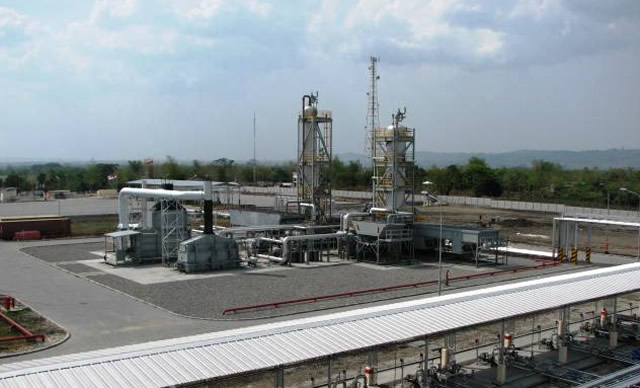The Crude Oil Refiners Association of Nigeria (CORAN) has expressed its strong disapproval of the continued exclusion of modular and smaller local refineries from the ongoing discussions and implementation of the naira-for-crude oil swap deal. This initiative, designed to bolster the Nigerian naira by facilitating domestic crude oil sales and refining, has been lauded by the government as a key component of its economic strategy. However, CORAN contends that despite official statements suggesting the inclusion of local refiners, the reality is far different, with only the Dangote Petroleum Refinery benefiting from the arrangement. This exclusion, CORAN argues, undermines the very purpose of the initiative and disadvantages smaller indigenous refineries crucial to achieving national energy security and economic growth.
CORAN’s Publicity Secretary, Eche Idoko, has vehemently refuted claims by the government’s technical sub-committee overseeing the naira-for-crude deal that local refiners were represented in recent meetings. He emphasized that none of CORAN’s members, representing numerous operational and upcoming modular refineries, were invited or participated in the discussions. This exclusive focus on the Dangote Refinery, according to Idoko, is a deliberate sidelining of indigenous players who are vital to the success of the crude supply framework. He called on the government and the technical committee to broaden their scope and ensure fair representation of all stakeholders, including smaller refineries that are ready to contribute to the nation’s refining capacity.
The exclusion of modular refineries from the naira-for-crude deal is particularly concerning given the initial promises of inclusivity. When the program was launched in October 2024, it was envisioned as a mechanism to empower local refineries by providing them with access to domestic crude oil at a fixed naira price. This, in turn, was expected to boost local refining capacity, reduce reliance on costly petroleum product imports, and ultimately stabilize and potentially lower pump prices for consumers. The pilot phase, however, solely benefited the Dangote Refinery, with assurances that other refineries would be included in subsequent phases. The current situation, therefore, represents a significant departure from the original intent of the program.
The naira-for-crude deal has experienced several twists and turns since its inception. Initially hailed as a groundbreaking initiative, it faced a temporary suspension in March 2024 due to the Nigerian National Petroleum Company Limited (NNPC) having forward-sold its crude oil production. This raised concerns about the long-term viability of the program and its ability to deliver on its promises. The suspension was later lifted, with the government reaffirming its commitment to continuing the deal. However, the continued exclusion of smaller refineries casts a shadow over the program’s future and its potential to achieve its stated objectives.
The controversy surrounding the naira-for-crude deal highlights the challenges of implementing complex policy initiatives in a dynamic and competitive industry. While the government’s intention to strengthen the naira and boost local refining capacity is commendable, the execution of the program has been marred by a lack of transparency and inclusivity. The exclusion of modular refineries not only raises questions about fair competition but also potentially jeopardizes the long-term success of the initiative. By failing to engage with smaller refineries, the government risks missing out on valuable contributions to national energy security and economic growth.
The government’s response to CORAN’s concerns will be crucial in determining the future trajectory of the naira-for-crude deal. A transparent and inclusive approach that incorporates the perspectives and needs of all stakeholders, including modular refineries, is essential for building trust and ensuring the program’s long-term sustainability. Moreover, clear communication and consistent implementation of the program’s guidelines are vital for fostering a stable and predictable environment for the refining sector and the broader economy. Ultimately, the success of the naira-for-crude deal hinges on the government’s ability to strike a balance between supporting large-scale projects and fostering the growth of smaller, indigenous refineries that are essential for diversifying the refining landscape and achieving true energy independence.














